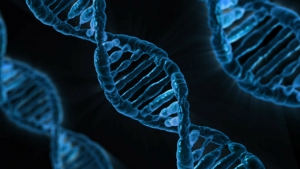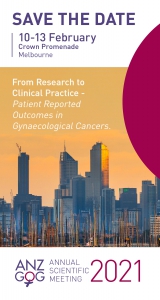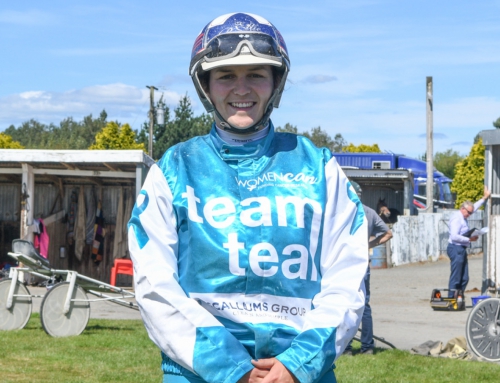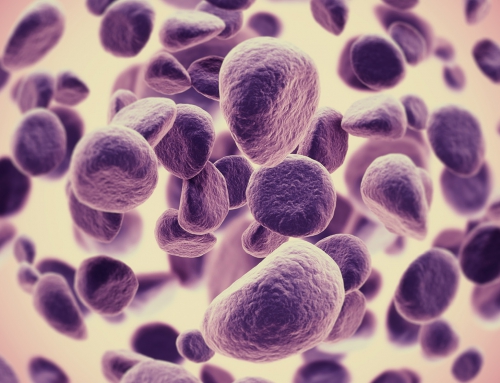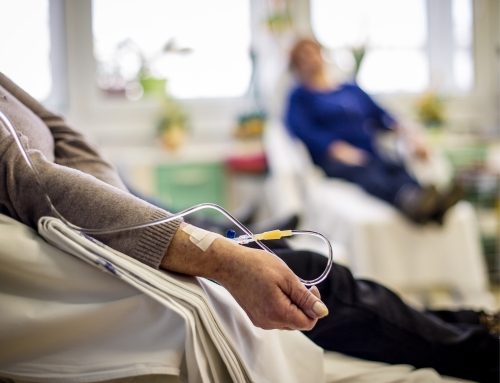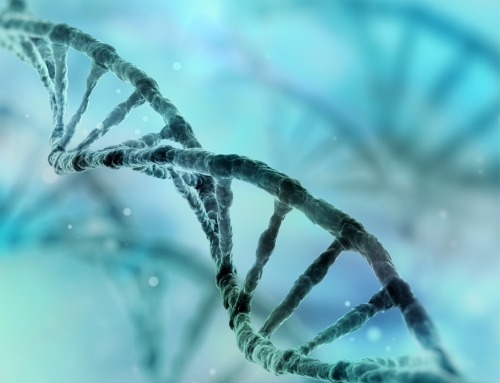On World DNA Day we celebrate the discovery and understanding of DNA and the scientific advances that this understanding has made possible.
What is DNA and what does it do*?
Deoxyribonucleic acid (DNA) is a molecule that contains the biological instructions that make each species unique. DNA, along with the instructions it contains, is passed from adult organisms to their offspring during reproduction.
DNA contains the instructions needed for an organism to develop, survive and reproduce. To carry out these functions, DNA sequences must be converted into messages that can be used to produce proteins, which are the complex molecules that do most of the work in our bodies. Each DNA sequence that contains instructions to make a protein is known as a gene.
*https://www.genome.gov/about-genomics/fact-sheets/Deoxyribonucleic-Acid-Fact-Sheet
Why is understanding DNA powerful to research?
DNA variations, and subsequent variations in genes, have implications such as increasing the possibility that a person will develop certain health conditions, including cancer, or how a person will respond to health treatment. Advancements in molecular biology (the study of the chemistry of molecules associated with living processes, such as DNA and RNA and the resulting proteins constructed from this genetic information) allow clinicians and scientists to better diagnose and treat disease.
ANZGOG has a number of trials and initiatives with a strong genetic-based focus addressing the following areas:
- Preventative medicine: STICs and STONEs will assess whether aspirin helps prevent the development of ovarian cancer in women with BRCA mutations.
- Diagnostic application: Circulating tumour DNA (ctDNA) is DNA fragments shed by a tumour circulating in the blood. Studies such as iPRIME will assess whether detection of ctDNA by a simple blood test may provide an early indicator of tumour recurrence in women with ovarian cancer.
- Targeted treatment: ANZGOG’s OASIS program was established in recognition that a one size fits all approach does not apply to ovarian cancer. OASIS-supported clinical trials aim to provide the preliminary data to support advancement into larger clinical trials.
- Drug resistance: Research has identified a subgroup of high grade serous ovarian cancer that has developed resistance to treatment because of abnormalities in genes that develop after exposure to chemotherapy. These gene abnormalities can now be detected in patients that are likely to be resistant to certain chemotherapies or oral PARP inhibitors (a substance that blocks an enzyme in cells called PARP, which helps repair DNA when it becomes damaged) through blood tests and tumour biopsies. The PRECISE study is the first study to select a personalised treatment using a new PARP inhibitor called pamiparib based on gene tests for patients with the hope to improve patient outcomes.
Translational research takes basic biological discoveries from the laboratory and applies these discoveries through clinical research, using patient biospecimens (samples) such as blood or tissue, to provide the premise for clinical trials, which may then generate sufficient evidence to improve clinical practice; a process otherwise known as ‘bench to bedside’.
TR-ANZGOG: where molecular research meets clinical trials
The Translational-ANZGOG (TR-ANZGOG) initiative is being developed to facilitate the collection of biospecimens associated with ANZGOG trials which will support the translational research aspects of the trial (for example, characterizing factors (such as genetic variations) associated with response, and resistance, to trial drugs).
Importantly, TR-ANZGOG also aims to maximize the use of biospecimens to facilitate translational research beyond the trial by ensuring that scientific, ethical and legal requirements for future research are met.
For more information on the initiative, visit our TR-ANZGOG webpage.

